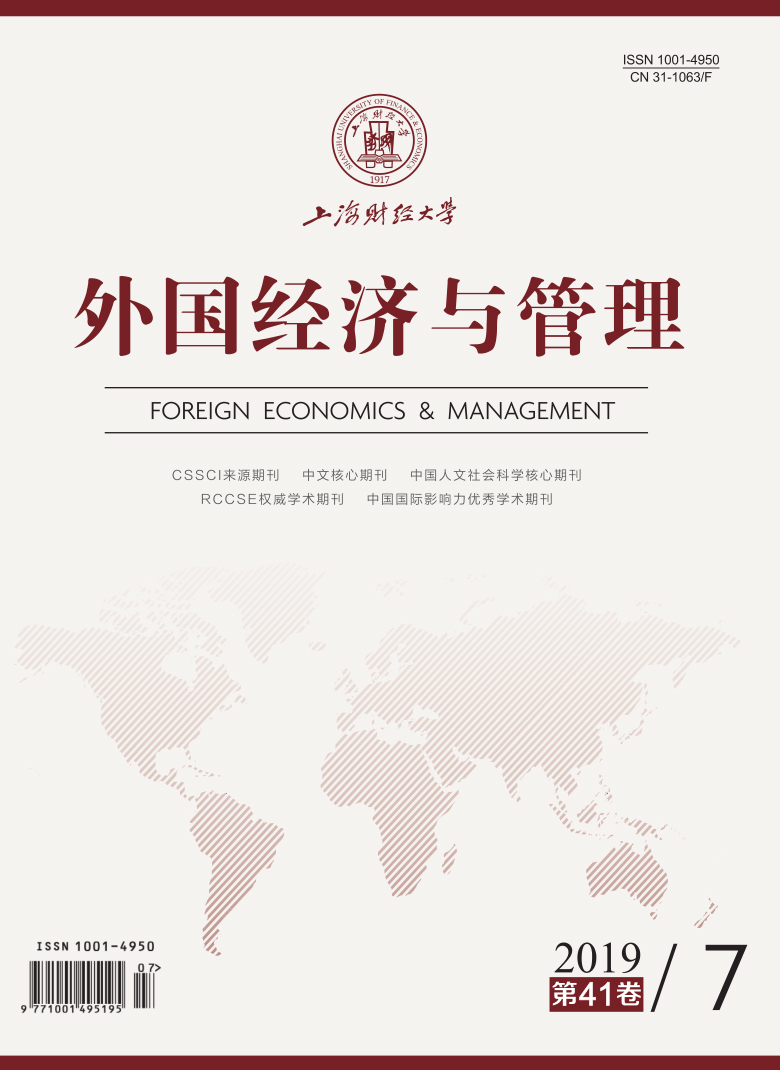The rapid development of foreign direct investment will help Chinese enterprises to explore overseas markets, acquire resources and technologies, and circumvent trade protection and trade barriers while operating overseas, thereby promoting multinational enterprises to continue to move towards a higher performance level. However, in the process of actual foreign direct investment, the improvement of the investment performance level of multinational enterprises is not an easy task. In the process of foreign direct investment, Chinese enterprises often encounter a series of " taking-for-granted” unwarranted accusations, negative comments or stereotypes from host country stakeholders. In Chinese enterprises’ foreign direct investment, whether the existence of stigma affects the internationalization performance and what are the situational conditions for this effect, it is a major issue worthy of attention in theoretical and practical circles. Although the existing research has a rich explanation on the factors affecting the internationalization performance of enterprises, there are few studies from the theoretical perspective of organizational stigma. Starting from the perspective of the organizational stigma theory, this paper firstly constructs a conceptual model of internationalization performance based on the legality theory, and further analyzes the role of geographical distance, cultural exchange and political connection in regulating the relationship between organizational stigma and enterprise internationalization performance based on the information asymmetry theory. This paper takes 97 investment events in which Chinese enterprises first went to the host country for foreign direct investment during 2006-2012 as research samples, and uses SPSS19.0 analysis software to perform hierarchical regression. The results show that there is a significant negative correlation between organizational stigma and enterprise internationalization performance, geographical distance and political connection will strengthen this negative effect, while cultural exchange will weaken this negative effect. The research findings will have implications for Chinese enterprises’ foreign direct investment in how to effectively avoid and weaken the negative effect of organizational stigma, and actively acquire the legitimacy of host countries and improve their internationalization performance.
 / Journals / Foreign Economics & Management
/ Journals / Foreign Economics & ManagementForeign Economics & Management
JIN Yuying, Editor-in-Chief
ZhengChunrong, Vice Executive Editor-in-Chief
YinHuifang HeXiaogang LiuJianguo, Vice Editor-in-Chief
The Effect of Organizational Stigma on the Internationalization Performance of Enterprises
Foreign Economics & Management Vol. 41, Issue 07, pp. 112 - 124 (2019) DOI:10.16538/j.cnki.fem.2019.07.008
Summary
References
Summary
Cite this article
Du Xiaojun, Zhang Ningning. The Effect of Organizational Stigma on the Internationalization Performance of Enterprises[J]. Foreign Economics & Management, 2019, 41(7): 112-124.
Export Citations as:
For
ISSUE COVER
RELATED ARTICLES




 , 2
, 2 6239
6239  7511
7511

